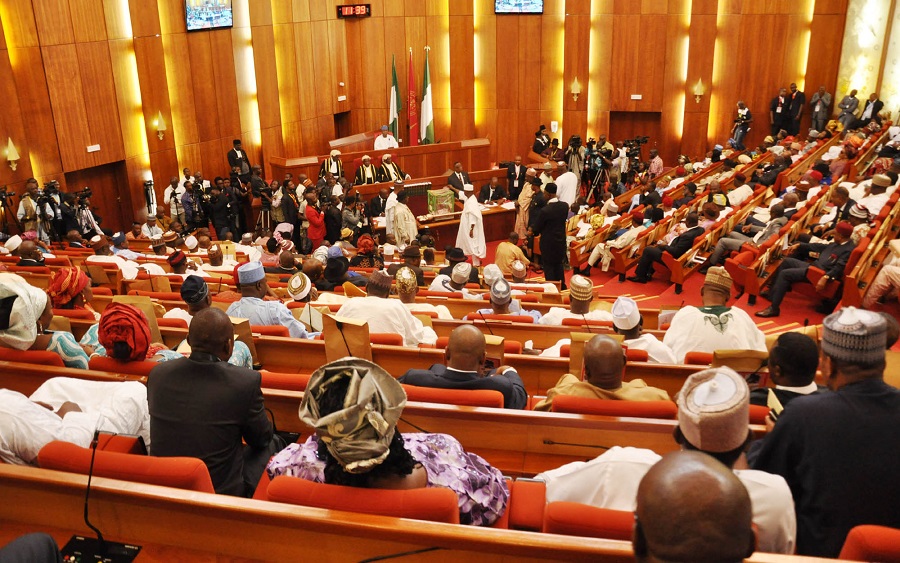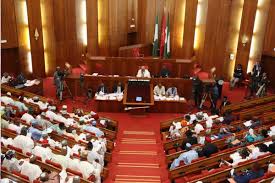
In an effort to enhance loan recovery in the Nigerian banking sector, a Bill for an Act to assist banks recover bad debts, has passed through its second reading at the Senate on Tuesday. This followed the adoption of a motion by the sponsor of the bill, Sen. Sani Musa (APC-Niger) during plenary.
According to data from the National Bureau of Statistics, total banking sector credit to the economy stood at about N18.8 trillion in the second quarter of 2020 up from N17.1 trillion at the end of 2019. However, non-performing loans at the end of the second quarter of 2020 rose by 2.27% to N1.2 trillion.
Leading the debate on the general principles of the bill, Musa said that the proposed law would help to recover past and due obligations without recourse to the borrower as well as provide penalties for breaches.
He said that the legislation had become necessary because credit was seen as the lifewire of the banking business and the current situation in Nigeria demanded an injection of a healthy bank credit and recovery system that would effectively fasten the pace of growth in the financial sector.
“It is unfortunate that every lending institution finds itself from time to time with loans of which the risk of loss is greater than anticipated. In every lending environment, there are two types of borrowers – the good and the bad. Before the deregulation of our banking system, the ability of our banks to recover loans has been the factor behind the collapse of many commercial banks.’’
The Nigerian banking industry witnessed a 14% rise in Non-Performing Loans (NPLs) in the first half of 2020 ending a 2-year trend of continued decline in NPLs, since Q3 2018. According to the latest banking sector report released by the National Bureau of Statistics (NBS), non-performing loans in Nigerian banks increased to N1.212 trillion at the end of June 2020, from N1.059 trillion recorded in December 2019, indicating that NPLs across Nigerian banks rose by N152.4 billion or 14.38% in six months.
Sen. Sani Musa (APC-Niger) explained the Bill was necessary as there was need to ensure that Nigeria becomes a private sector driven economy.
‘’ The situation in Nigeria has become very serious and seemingly intractable and thereby frustrating our efforts as a nation towards private sector-driven economy,” he said.
The lawmaker further noted that even though there was a subsisting court judgement that empowered banks to take back their money from bad debtors, the proposed legislation was necessary.
Deputy Senate President, Ovie Omo-Agege who presided over plenary, referred the bill to the Senate Committee on Banking, Insurance and Financial Institutions for further legislative works to report back in four weeks.
Earlier in the year, banks received a deal from the CBN as they were granted regulatory forbearance in the restructuring of loans. This meant over 33% of industry loans were restructured as part of the deals signaling the spate of economic crunch that had hit the private sector. At the peak of the pandemic, most banks moved quickly to restructure loans that were in danger of going bad, allowing obligors breathing space to generate cash flows. Some banks issued moratoriums on loan repayments.















